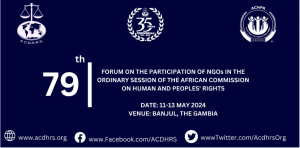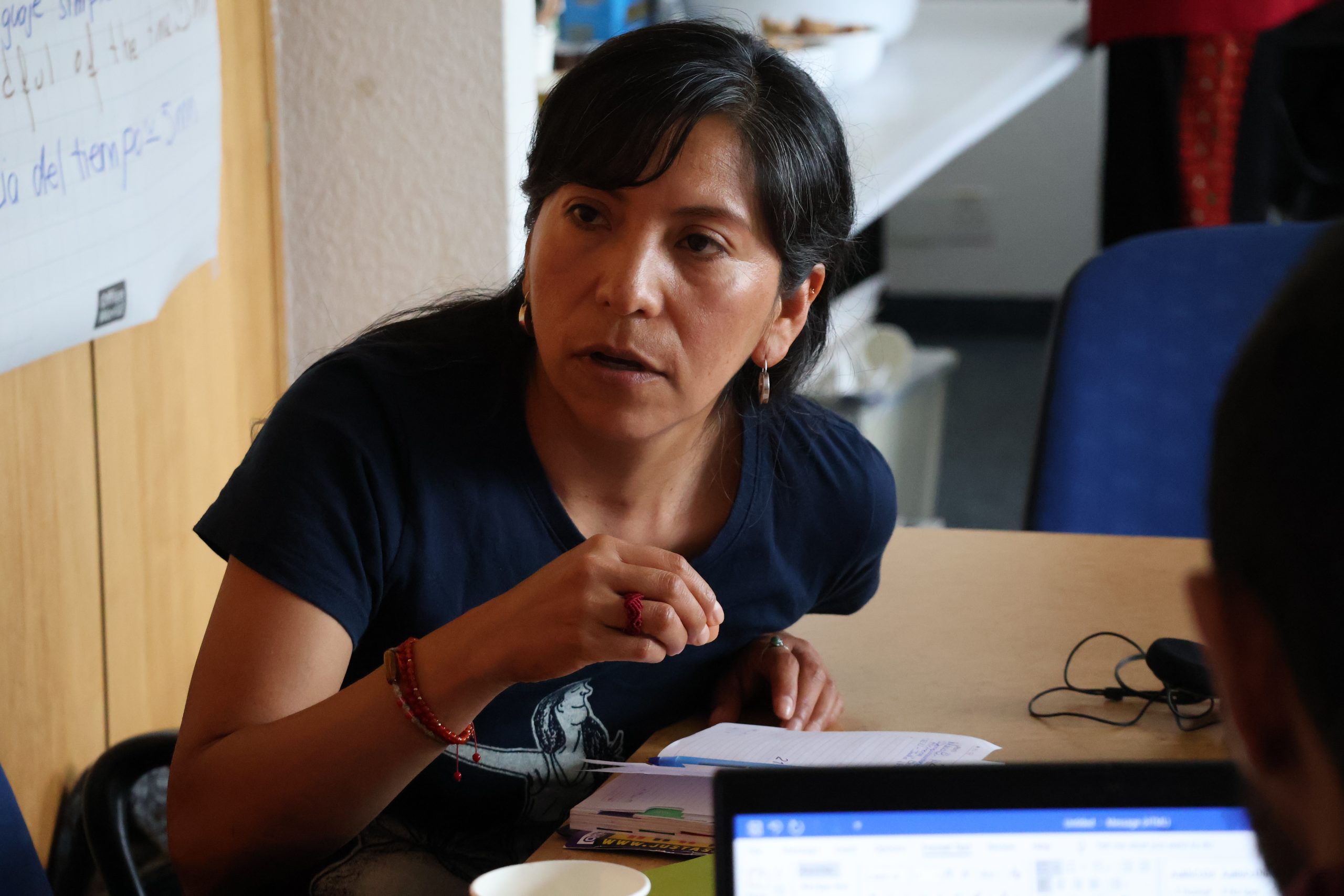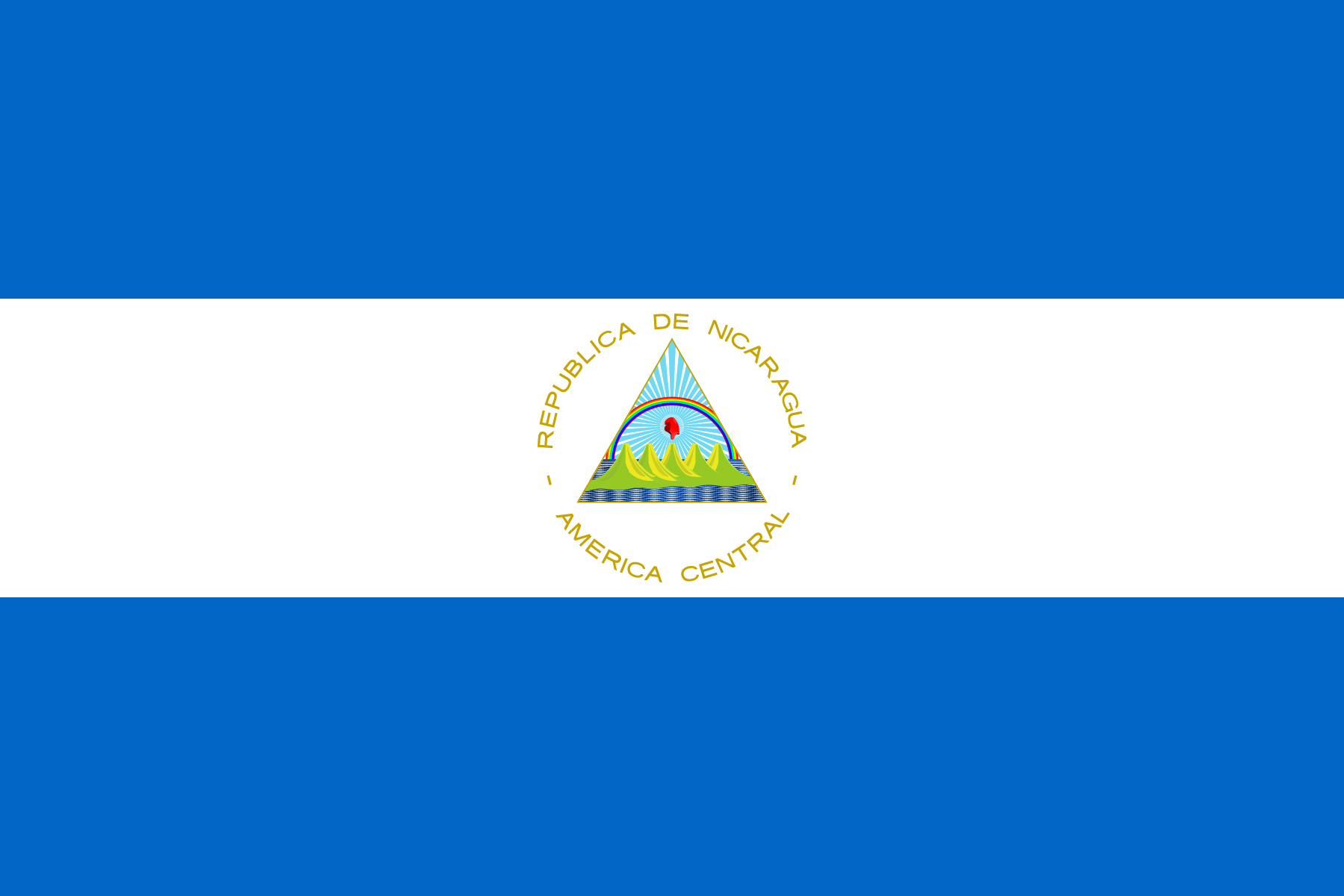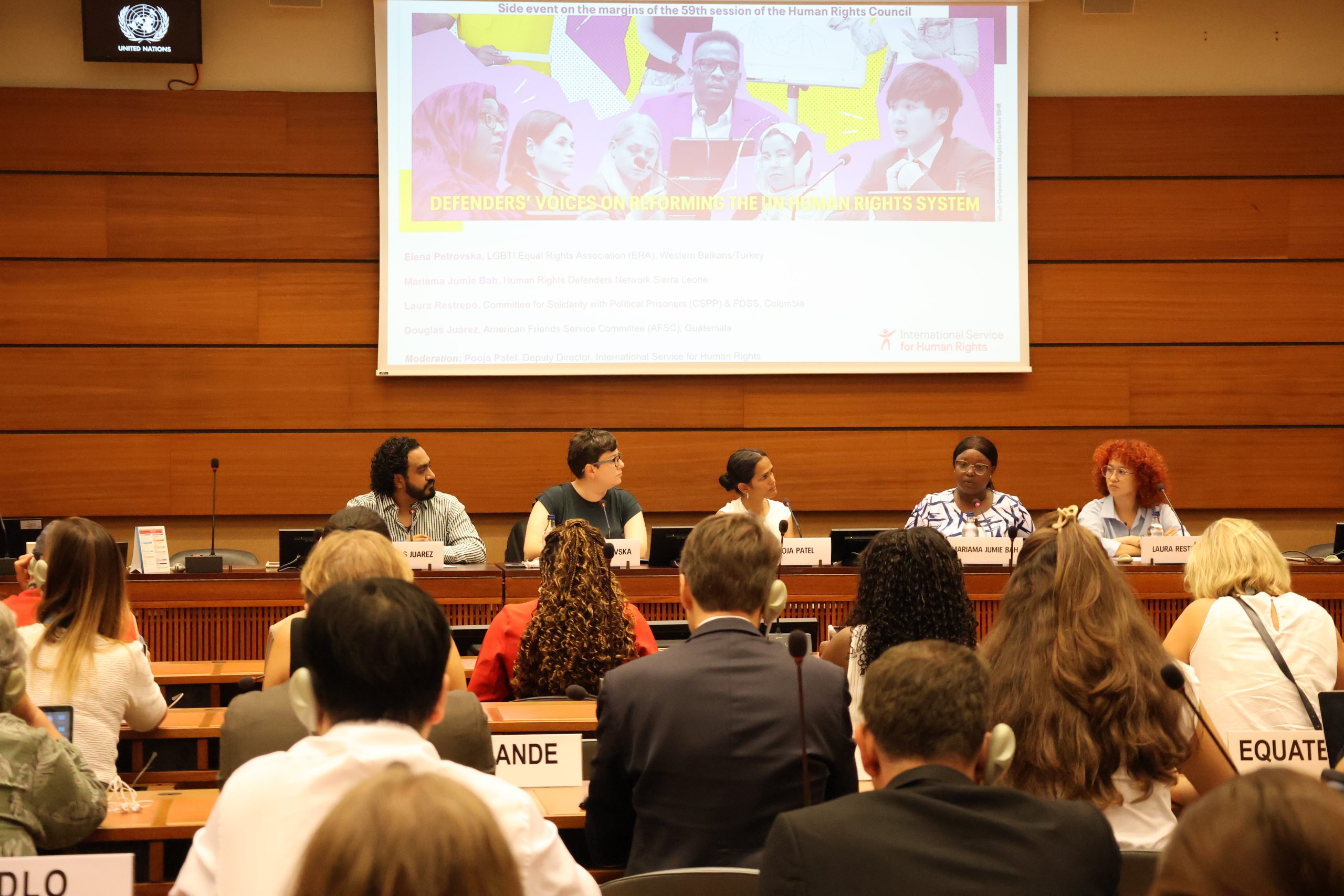What will happen during the NGO Forum and 79th Ordinary Session of the African Commission?
The NGO Forum
The Forum on the Participation of NGOs in ordinary sessions of the African Commission on Human and Peoples’ Rights (African Commission), also known as the ‘NGOs Forum’ is an advocacy platform coordinated by the African Centre for Democracy and Human Rights Studies (ACDHRS) to promote advocacy, lobbying and networking amongst and between human rights NGOs, for the promotion and protection of human rights in Africa. The NGOs Forum shares updates on the human rights situation in Africa by the African and international NGOs community with a view of identifying responses as well as adopting strategies towards the promotion and protection of human rights in the continent.
This session will be hosted online. The theme in 2024 will be centred on education under: THE YEAR OF EDUCATION: “Educate an African Fit for the 21st Century: Building Resilient Education Systems for Increased Access to Inclusive, Lifelong, Quality, and Relevant Learning in Africa”

Africa Centre for Democracy and Human Rights Studies
The Forum will deliberate on the following sub-themes:
- Equal Access to Education for Sustainable Development: Access to quality education is fundamental for fostering sustainable development in Africa.
- Unconstitutional Changes of Government: The surge in unconstitutional changes of government poses a significant threat to democracy and stability in Africa. Military coups, political unrest, and power grabs undermine democratic institutions and processes, leading to political instability and insecurity.
- Human Rights Education in Africa: Human rights education plays a crucial role in promoting equality, justice, and dignity for all individuals in Africa. By raising awareness of human rights principles and values, education can empower individuals to advocate for their rights and hold governments accountable.
- Access to Digital Technology: in Africa Digital technology is essential for driving socio-economic development and promoting inclusive growth in Africa. However, many communities, especially in rural and marginalized areas, lack reliable connectivity and access to digital resources.
- Democracy and Rule of Law: Democracy and the rule of law are essential pillars of governance in Africa, yet they face significant challenges. Issues such as electoral fraud, corruption, and political repression undermine democratic processes and erode public trust in institutions.
- Civic Engagement and Freedom of Assembly: Civic engagement is a fundamental right that enables citizens to participate in democratic processes and hold governments accountable.
- Protection of Human Rights Defenders: Human rights defenders play a critical role in promoting and protecting human rights in Africa. However, they often face harassment, intimidation, and violence for their work.
- Conflict and Political Instability in Africa: Conflict and political instability continue to pose significant challenges to peace and development in Africa. Factors such as ethnic tensions, competition for resources, and weak governance contribute to the outbreak and escalation of conflicts across the continent.
The general content of the forum will cover three main thematic areas namely:
Status of Human Rights and Democracy in Africa, updates from sub regional focal points on the general situation
Networking for Human Rights in Africa, adoption of strategies, best practices for contribution towards the attainment of peace, security, and development in Africa.
Special Interest Group Discussions, which will allow participants to identify recommendations to address challenges raised in panel discussions.
Panel discussions will revolve around 9 themes:
- Overcoming Barriers to Education Access in Rural Africa
- Unconstitutional Changes of Government: Threats to Democracy and Stability in Africa
- Human Rights Education and Equality in African Education Systems
- Digital Divide in Africa: Challenges and Opportunities for Socio- Economic Development
- Building Inclusive Education Systems for Children with Disabilities
- Election Delays and Democratic Regression in Africa
- Investing in Education for Sustainable Development
- Civic Engagement and Freedom of Assembly: Promoting Democratic Participation in Africa and Protection of Human Rights Defenders
- Addressing Root Causes of Conflict and Instability in Africa
It is expected that the NGO Forum will achieve, amongst other goals:
- Document general trends in the situation of education, human rights, democracy, and the rule of law in Africa.
- Networking and partnership building with and amongst participants/stakeholders
- Report on the special interest groups.
- Adopting Recommendations and resolutions where necessary to highlight them at the opening of the 79th Ordinary Session.
- Report of the NGOs Forum
The 79th Ordinary Session of the African Commission on Human and Peoples’ Rights
Panels and Launches (Item 4)
- Panel of the CPTA on the celebration of the UN convention against Torture and 20 years of CPTA (15 May 2024, 12:00 noon-13:30pm)
- Panel on the abolition of the death penalty (16 May 2024, 12:00noon-13:30pm)
- Panel Discussion on FGM in West Africa and Launch of the 2ndEdition of the Maputo@20 Newsletter of the Special Rapporteur onthe Rights of Women in Africa (17 May 2024, 09:00am-10:30am)
- Panel on the celebration of the Luanda Guidelines (18 May 2024, 12:00 noon-13:30pm)
- Panel on forced displacement on the occasion of the 15th anniversary of the Kampala Convention (15 years after its adoption). (19 May 2024, 14:30pm-16:00pm)
- Panel on the situation of Human Rights Defenders in Africa (22 May 2024, 11:00am-12:30pm)
- Panel on State Reporting (23 May 2024, 09:00am-10:30 am)
- Panel of the working Group on ECOSOC Rights in Africa (24 May 2024, 09:00am-10:30am)
Consideration of State Periodic Reports (Item 8)
During this session, pursuant to Article 62 of the African Charter which imposes on States the obligation to report every two years on the legislative and other measures taken with a view to giving effect to the rights and freedoms recognised and guaranteed by the Charter, two countries will be reviewed:
- The Republic of Angola: a review based on the country’s report covering the period 2016-2023 (20 May 2024, 09:30am -10:30am)
- The Republic of Mozambique: a review based on the country’s report covering the period 2015-2021 (21 May 2024, 09:00am-10:30am)
Activity reports (item 6)
During every session, special mechanisms from the African Commission present their activity report. These reports catalogue the activities and initiatives undertaken by each mechanism inter-sessionally:
- Chairperson of the ACHPR & Special Rapporteur on Human Rights Defenders and Reprisals in Africa.
- Vice – Chairperson of the ACHPR & Special Rapporteur on the Rights of Women in Africa;
- Chairperson of the Working Group on Extractive Industries, Environment and Human Rights Violations in Africa;
- Chairperson of the Committee for the Prevention of Torture in Africa;
- Special Rapporteur on Prisons, Conditions of Detention and Policing in Africa;
- Chairperson of the Working Group on Economic, Social and Cultural Rights in Africa;
- Chairperson of the Working Group on the Rights of Older Persons and People with Disabilities in Africa;
- Chairperson of the Working Group on Communications;
- Special Rapporteur on Freedom of Expression and Access to Information in Africa;
- Chairperson of the Working Group on Death Penalty and Extrajudicial, Summary or Arbitrary Killings and Enforced Disappearances in Africa;
- Chairperson of the Committee on the Protection of theRights of People Living with HIV and those at Risk, Vulnerable to and Affected by HIV;
- Chairperson of the Working Group on Indigenous Populations/Communities and Minorities in Africa;
- Special Rapporteur on Refugees, AsylumSeekers, InternallyDisplaced Persons and Migrants in Africa.
For the full programme, click here
What will ISHR do during this session?
During this session, ISHR will make several statements under Items 3 and 6:
- Human Rights Situation in Africa (item 3)
- Activity reports (item 6)
- Special Rapporteur on Human Rights Defenders and Focal Point on Reprisals in Africa
- Working Group on Extractive Industries, Environment and Human Rights Violations
What advocacy opportunities does the Commission offers?
Human Rights Situation in Africa
Under Item 3, civil society organisations with observer status have the possibility to make a statement highlighting specific issues relating to human rights enshrined in the African Charter. This opportunity can be used to call the attention of the Commission on a specific issue or even update the Commission on an issue brought to its attention previously.
Examination of Country Reports
Under article 62 of the African Charter, States are obliged to submit a report every two years on the legislative and other measures taken with a view to giving effect to the rights and freedoms recognised and guaranteed by the Charter. During the examination process, civil society organisations have the possibility to submit shadow reports ahead of the session during which countries will be reviewed to inform the Commission’s recommendations and provides states with guidance on how they can better implement their obligations. CSOs have thus the opportunity to constructively engage with the Commission and States on the realisation of human rights across the continent.
Country and Special Rapporteurs mandates
- Every Commissioner has under its mandate 5 countries in Africa. During the session, civil society organisations can meet with the Commissioner which has their country under its mandate. It is important to seize this moment to update the mandate on the issues specific to your country and more specifically call his attention to an issue you want him to raise with the State directly or during the session.
- All year long it is recommended to civil society to share information with Special Rapporteurs. During sessions, civil society organisations can make statements during the presentation of each Commissioner, including Special Rapporteurs, activity reports highlighting important issues of interest.
How can you follow the session?
14th May – 24th May 2024 : Public Session (Hybrid), Banjul, The Gambia
https://zoom.us/webinar/register/WN_3vx-y2XkTkOFnkox-U2XMg
3 June 2024: – Closing Ceremony (Public Session)
https://zoom.us/webinar/register/WN_3vx-y2XkTkOFnkox-U2XMg
3 June 2024: –Media Conference (Following Closing Ceremony-Public Session)
https://zoom.us/webinar/register/WN_3vx-y2XkTkOFnkox-U2XMg
ISHR will monitor and report on key developments at the 79th Ordinary Session of the African Commission. Follow us on Twitter at @ISHRglobal, @ISHR_fr and at #ACHPR79. Our staff can also be followed @Adelaide_ISHR , @TMakunya, and @Chuku_angie





